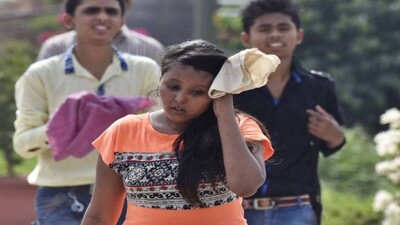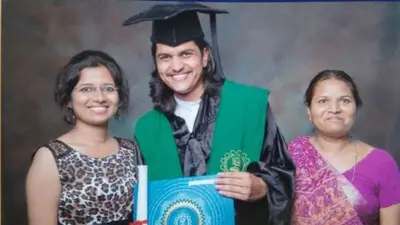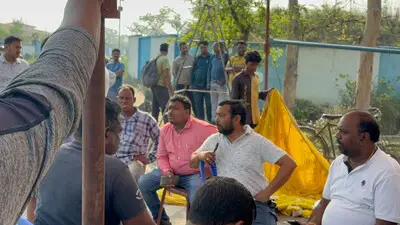Recommended Stories
A bench of justices K S Radhakrishnan and J S Khehar also sought an affidavit detailing their assets from Sahara India Real Estate Corp Ltd (SIREC) and Sahara India Housing Investment Corp Ltd (SHIC), the two companies in which the investors had put in their money, and are facing property attachment proceedings in the case.
The court said that Securities and Exchange Board of India (SEBI) should start making payments to the investors whose genuineness had been verified. The bench added that if any investor is not found to be genuine, the same must be put to Sahara Group for verification.
The court has fixed July 17 for hearing on SEBI's plea for initiating contempt proceedings against the two companies, its directors, and Sahara Group chief Subrata Roy for not obeying its August 31 last year orders.
Meanwhile, in a statement, Sahara's advocate Keshav Mohan said that during the hearing, they also pointed out that modalities for such a verification process needs to be worked out for implementation of the order.
On May 2, the apex court had stayed the proceedings on pleas filed by Sahara Group and Roy in the tribunal and the high court.
Earlier, the bench had accused Sahara Group and Roy of "manipulating courts" by approaching different forums for relief.
Sahara Group and the market regulator, SEBI, are locked in legal dispute over the refunding of Rs 24,000 crore by its two companies--SIREC and SHIC--to over three crore investors.
Earlier, the Supreme Court had dismissed Sahara's plea for more time to refund the amount.
SIREC and SHIC along with Roy are facing contempt proceedings in the apex court which had on February 6 allowed SEBI to freeze accounts and seize properties of its two companies for defying court orders by not refunding the money to the investors.
on Wednesday said the central bank will soon introduce on a pilot basis plastic currency notes as they have longer shelf-life.
"We are trying to introduce plastic currency...We hope to introduce it on trial basis and if that succeeds it will be replicated in the entire country," he said during an interactive session with students of Business School of Kashmir University here.
He emphasised that plastic note is environment friendly because it has longer shelf-life than the paper notes.
Australia and Singapore have introduced plastic currencies.
With a view to elongating life of bank notes, particularly of lower denominations, it was decided by the RBI and government to introduce one billion pieces of Rs 10 notes in polymer/plastic on a trial basis in Kochi, Mysore, Jaipur, Bhubaneswar and Shimla.
The Finance Ministry had recently said that the review of policy of producing currency notes is a "dynamic and continuous process".
On the issue of fake currency, Subbarao said the problem is that whenever a fake currency is detected both the customer and the bank would be reluctant to put it on record.
"You want to get away because you don't want to get entangle with the police and bank want to get away because it means a lot of work for them. So, within the system there is disincentive for detecting fake currency," he said.
As the current norms are too draconian, he said, the RBI has convinced the Ministry of Home Affairs that FIRs should be filed only if the more than four fake notes are found with a person.












